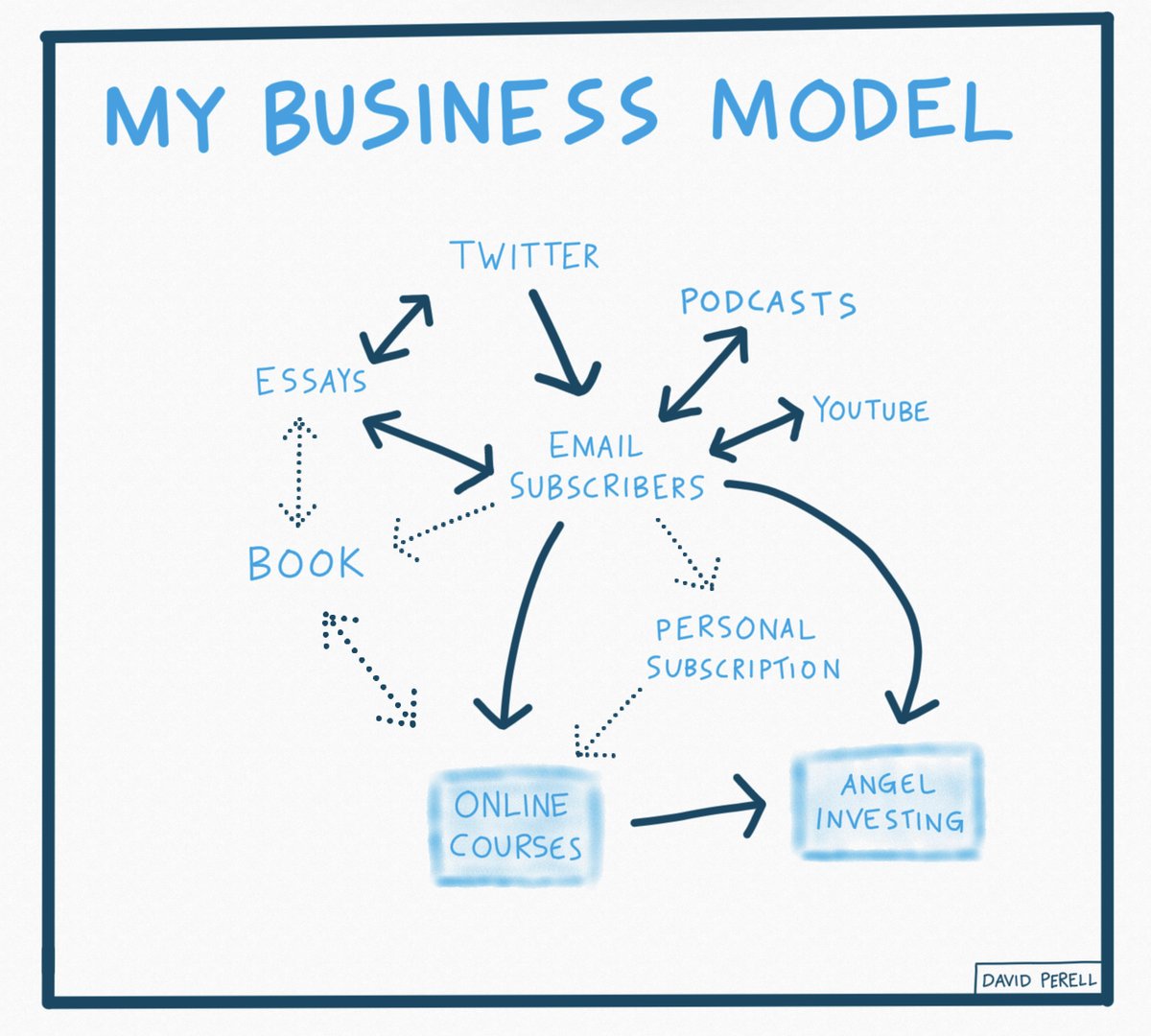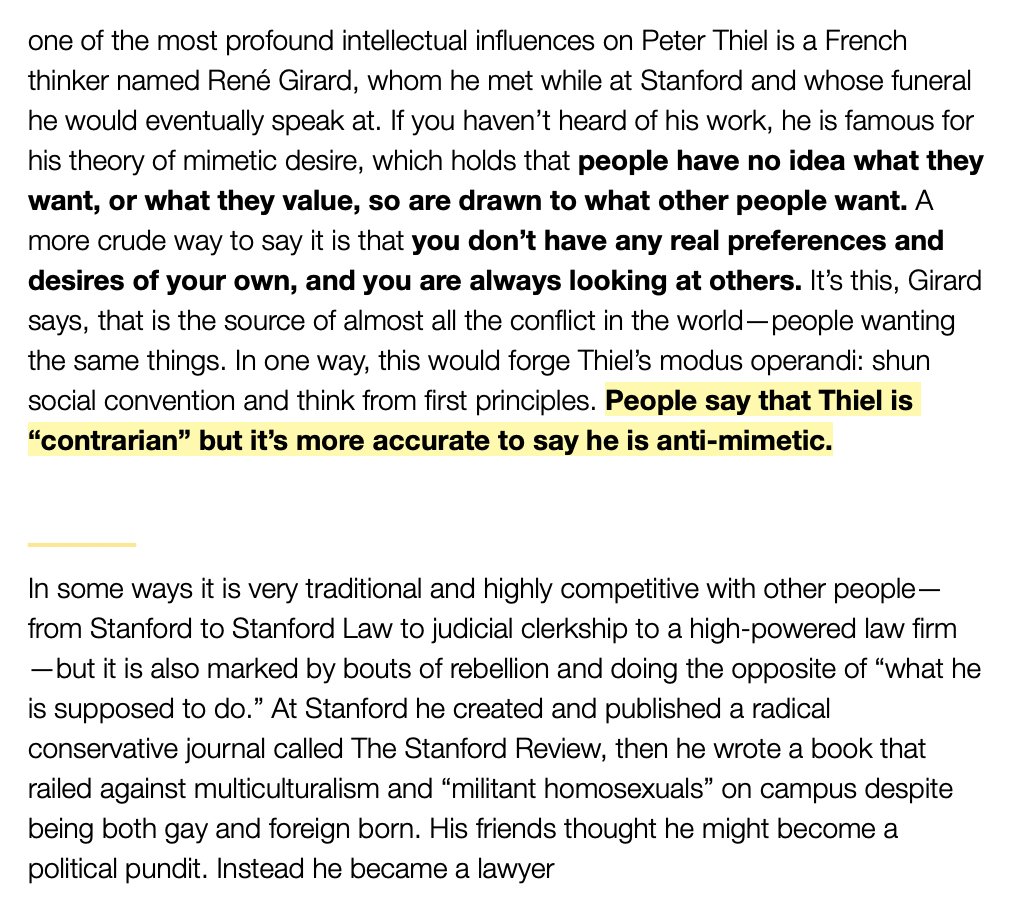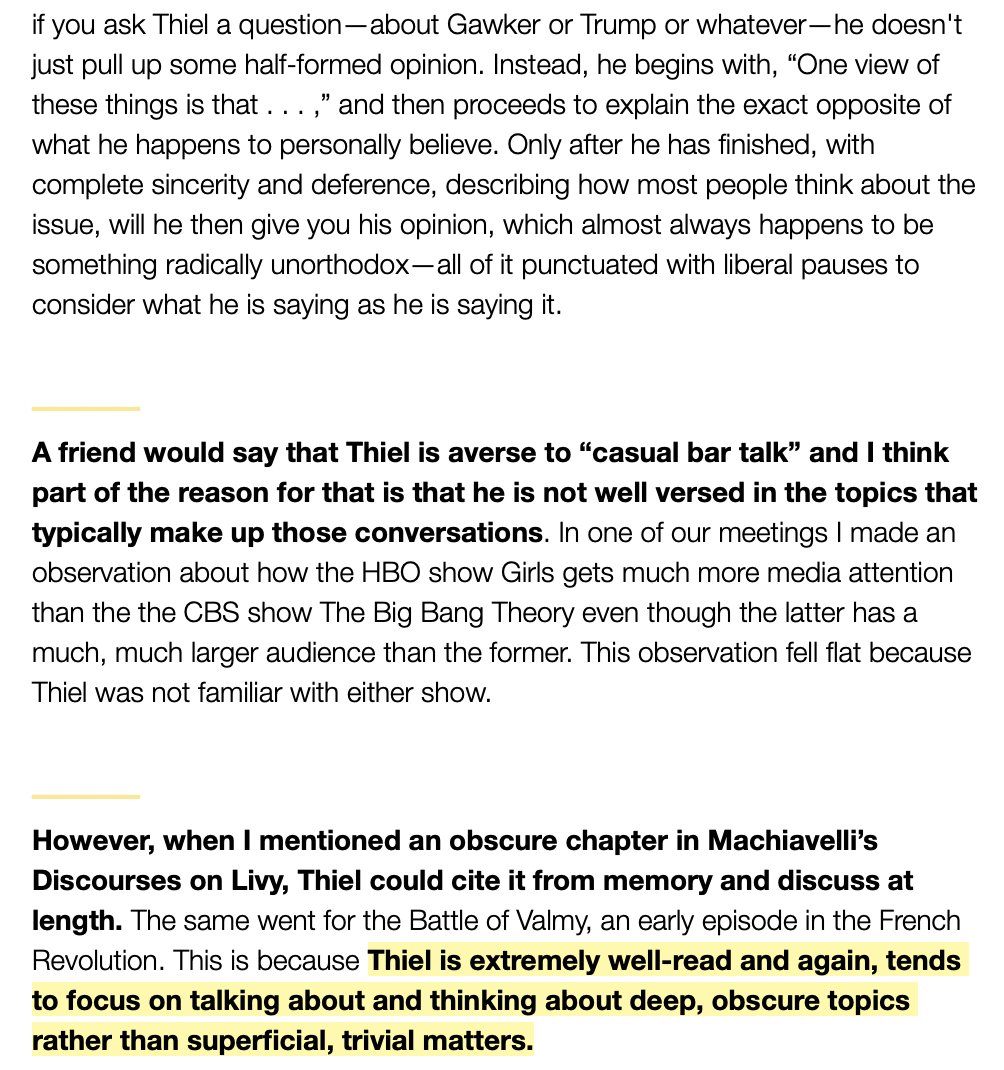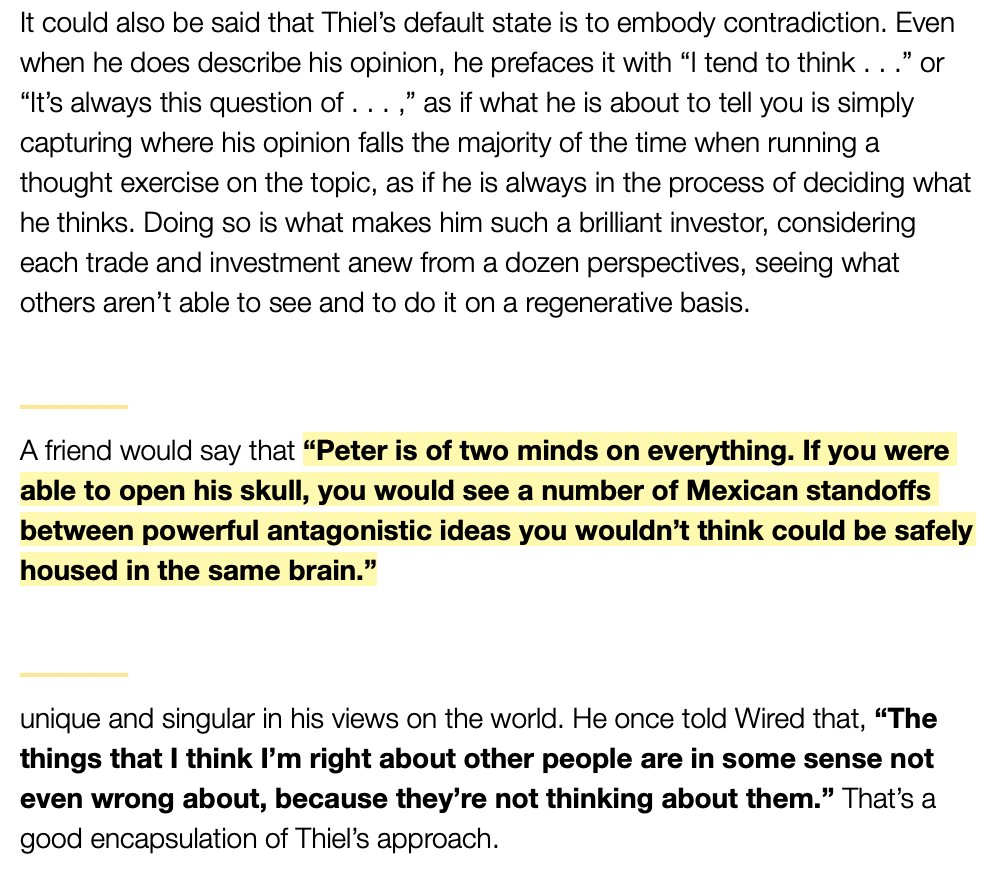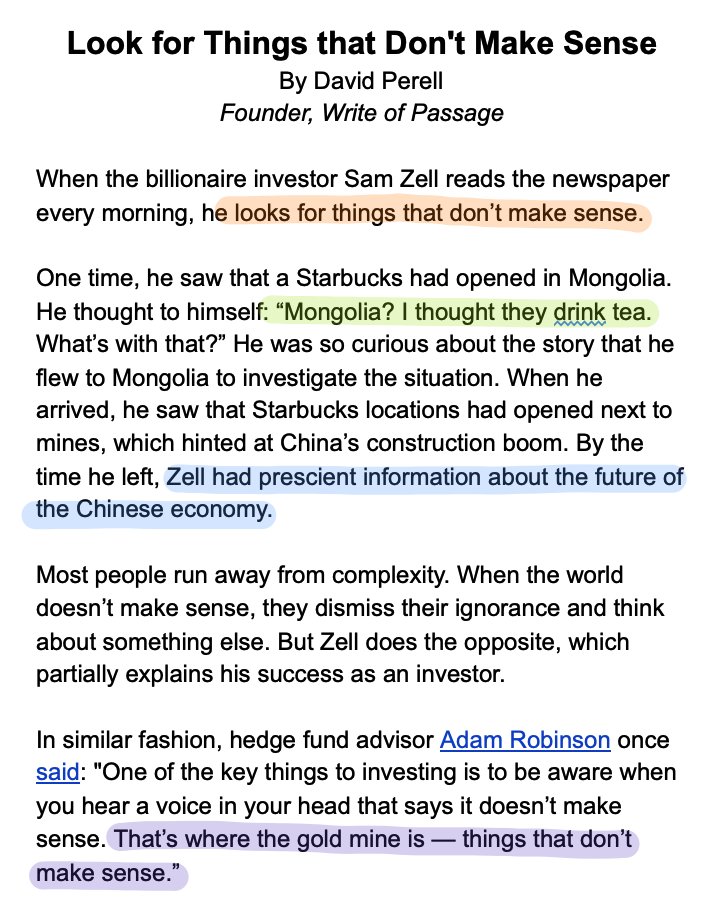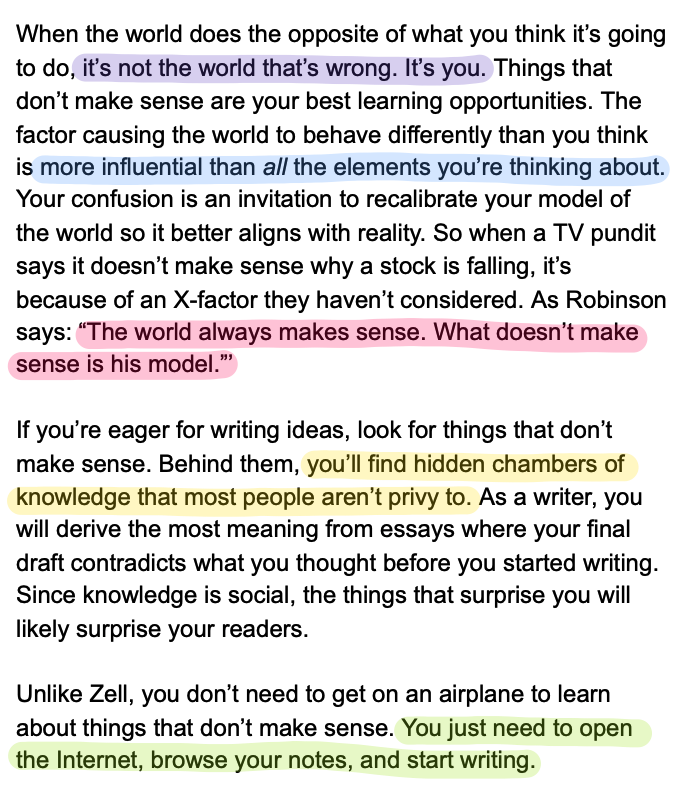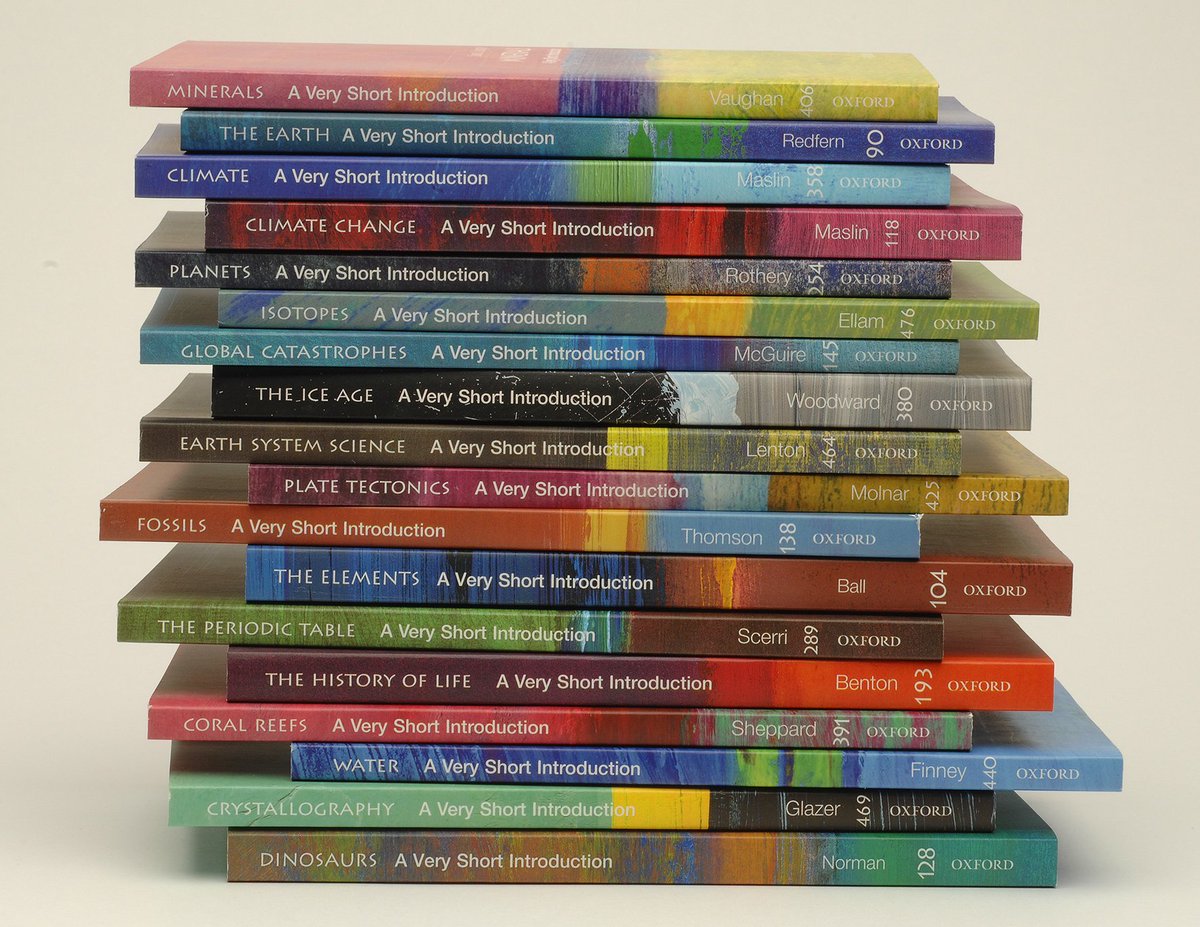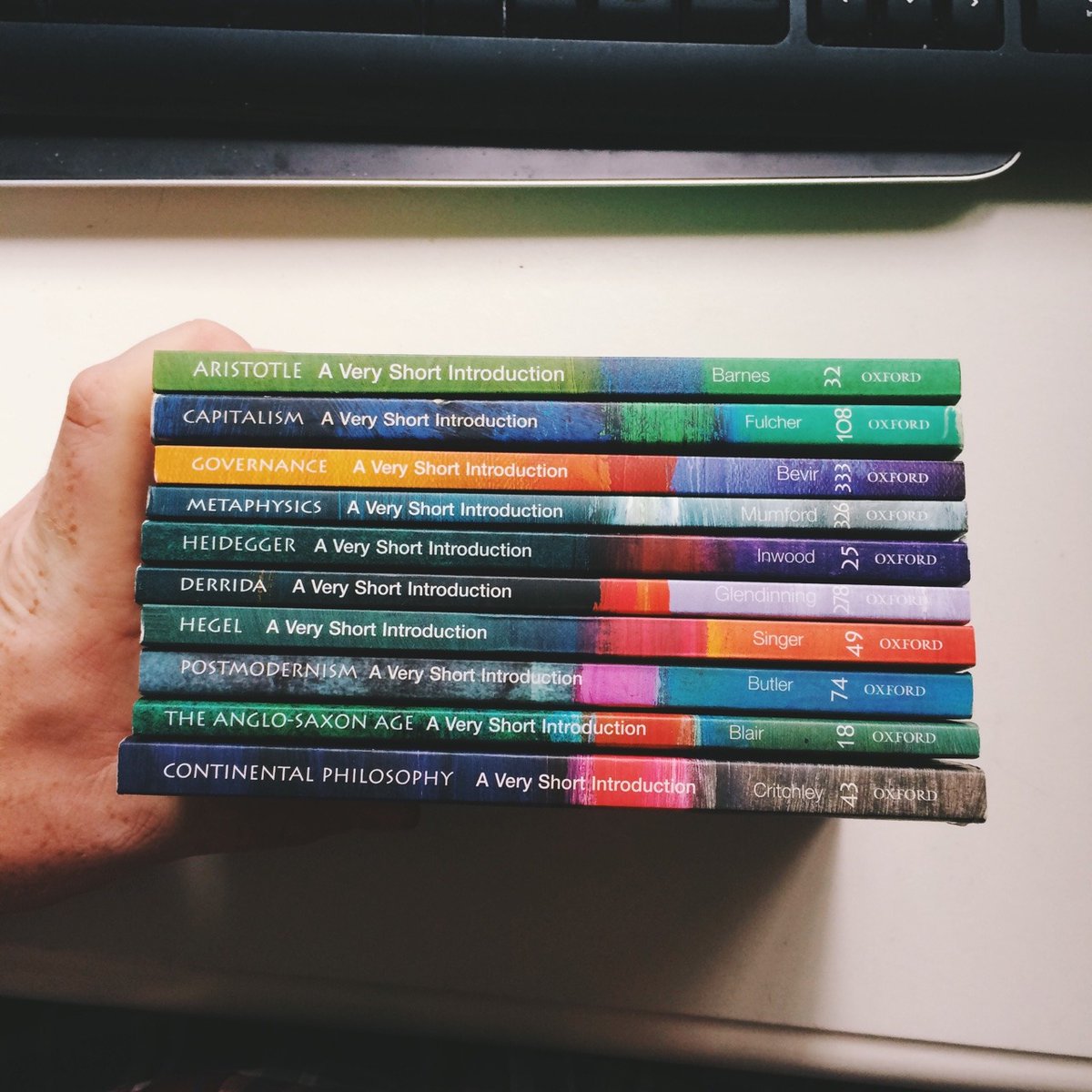
Nintendo has a product-development philosophy called "Lateral Thinking with Withered Technology."
It led to the Game Boy, the 20th century's most successful game console.
Basically, you can innovate with old and cheap technologies instead of obsessing over the cutting edge.

It led to the Game Boy, the 20th century's most successful game console.
Basically, you can innovate with old and cheap technologies instead of obsessing over the cutting edge.
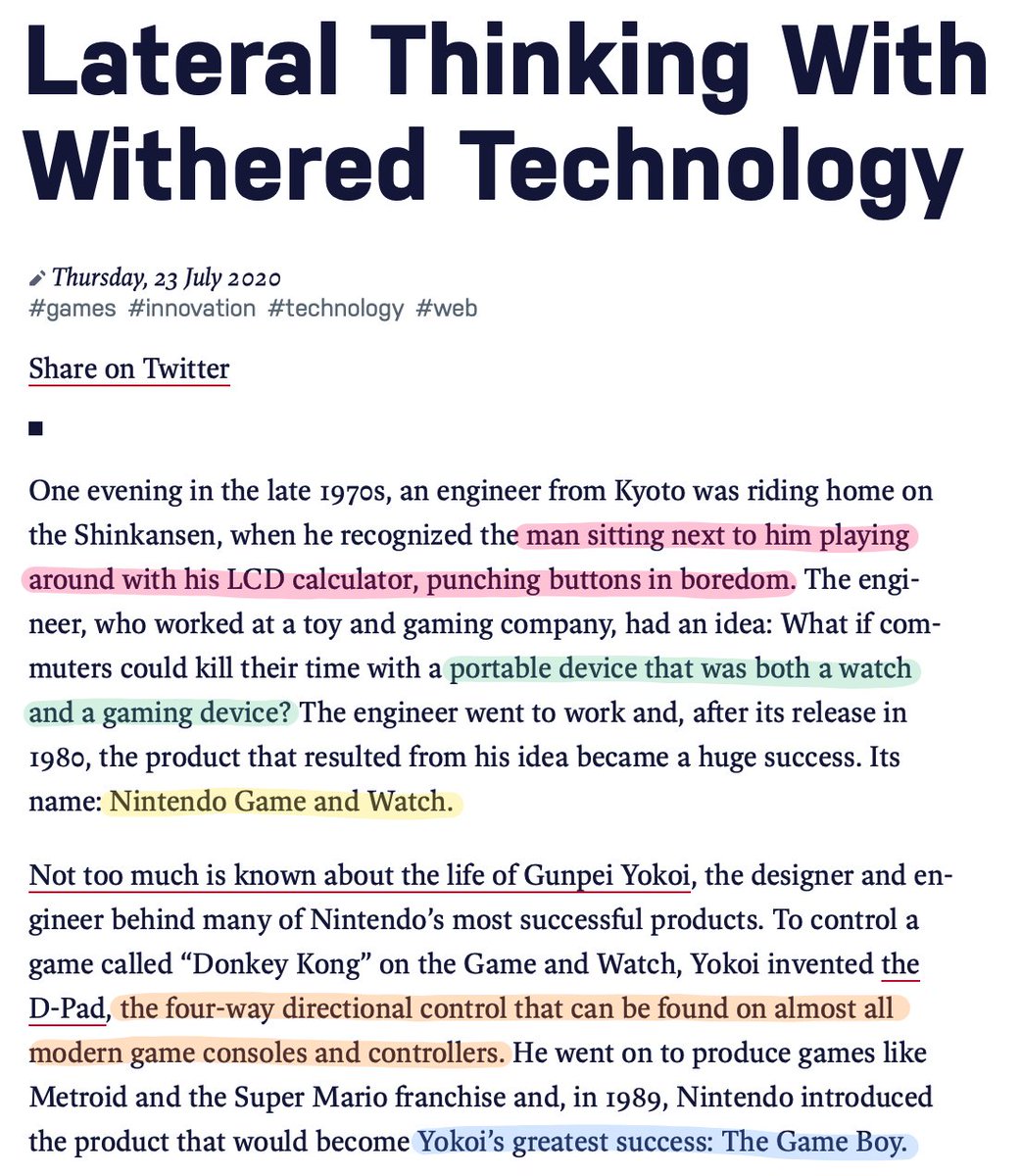

The story of Bitcoin, one of the most important technologies of the century so far, is a story of combining withered technology too. 
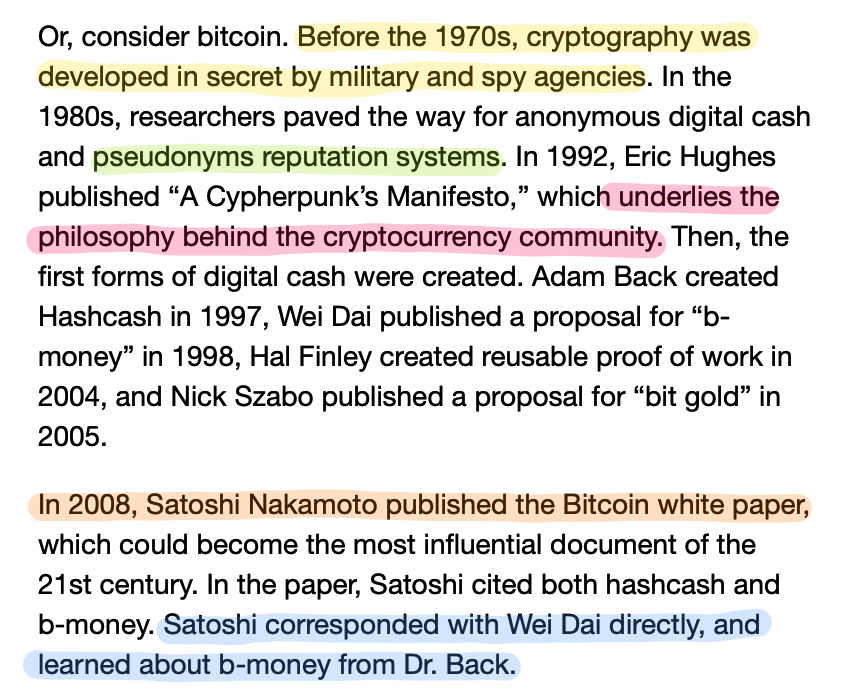
"By using “old” technology, Yokoi removed barriers to entry for both developers and users. As a result, with more than 118 million units sold, the Game Boy became the most successful game console of the 20th century."
Here's the original article.
matthiasott.com/notes/lateral-…
Here's the original article.
matthiasott.com/notes/lateral-…
Nintendo's philosophy can improve your writing.
While the rest of the Internet is talking about the latest Netflix show or a hot new book, you can pull from old and under-valued ideas instead.
I call this "Lateral Thinking with Withered Ideas."
Here's my mini-essay.

While the rest of the Internet is talking about the latest Netflix show or a hot new book, you can pull from old and under-valued ideas instead.
I call this "Lateral Thinking with Withered Ideas."
Here's my mini-essay.

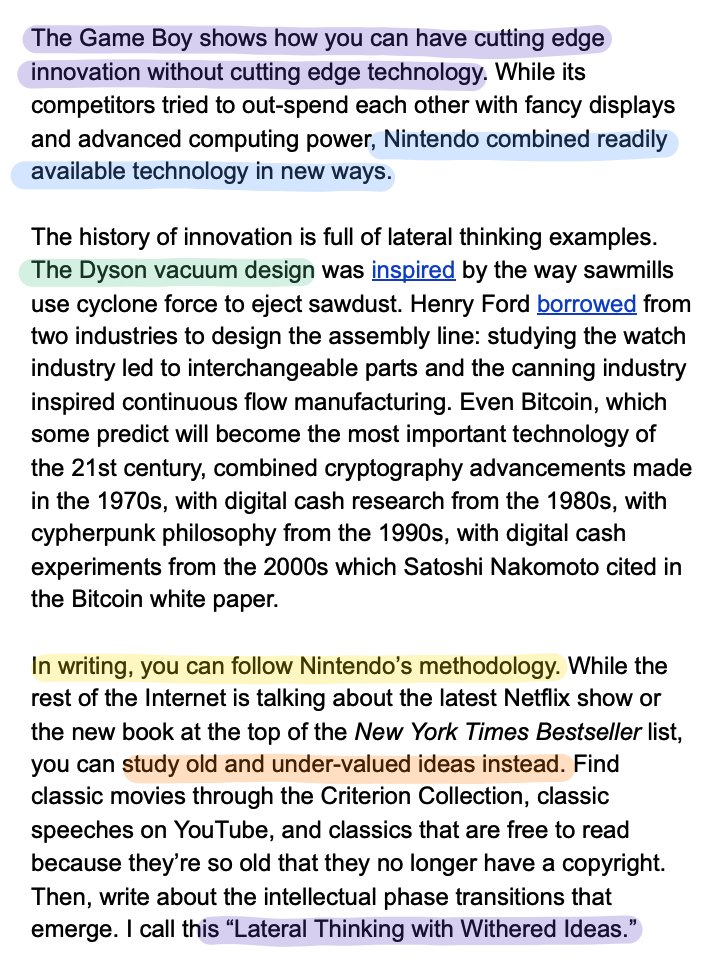
• • •
Missing some Tweet in this thread? You can try to
force a refresh

